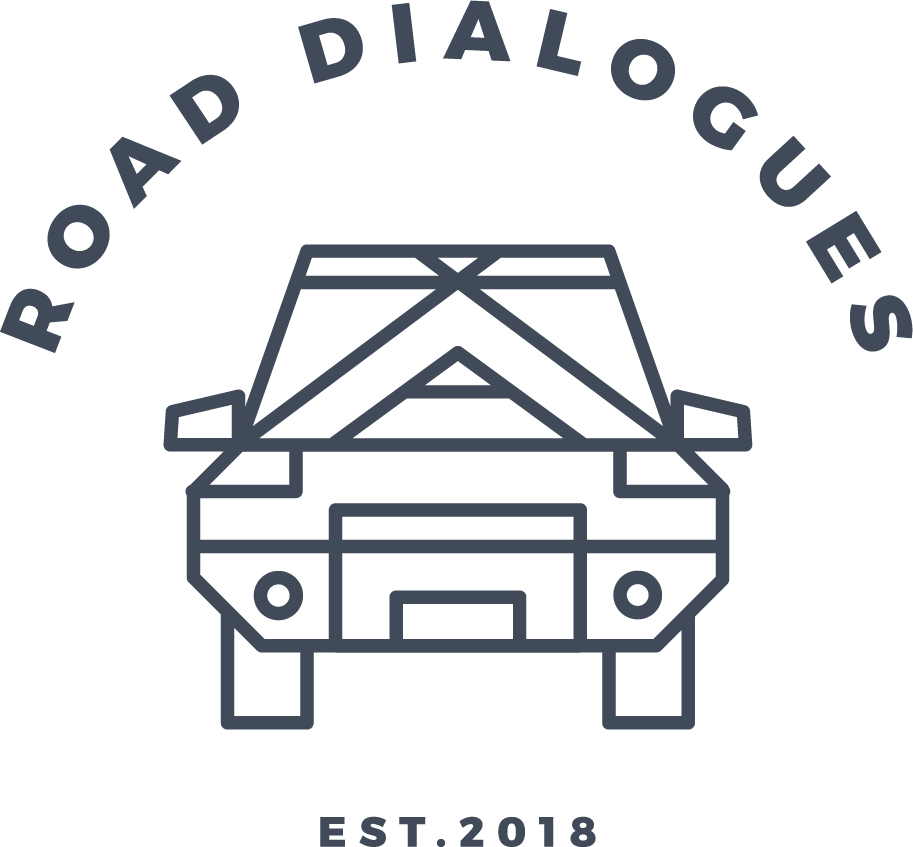A Violent Cycle
El Amatillo, Honduras
2,636 miles from San Francisco
We didn’t stay in Honduras for long. In fact, we passed through it with pace.
Our decision to bypass this beautiful, lush country was made for several reasons, perhaps chief among them being our desire to stay away from locations that we deem “hot spots.” There are certain segments of the Pan-American Highway that unavoidably collide with zones deemed less than safe, but, when possible, we do our best to avoid such places. In this case, Honduras in its entirety represented such a zone for us. We’ve met several people who have spent time there, and have heard wonderful things about diving on both coasts, but we put our heads down and maintained our forward momentum.
That said, we still did our best to educate ourselves on the events that have shaped today’s Honduras prior to entering the country, and we were fortunate to use the long wait at the border to discuss those learnings with a kind local.
Matilde, a petite man with a serious face, first made us aware of his presence by sitting down on the front bumper of our car as we proceeded through customs. I was initially irked by what seemed to be a blatant sign of disrespect, but soon found myself immersed in conversation with the bold man using our car as his chair.
As the customs process wore on, Matilde told me about the problems facing Honduras, highlighting especially the circular nature of poverty and crime that continually endangers all Hondurans. In recent years, and most famously in the form of the current migrant caravan, Hondurans have been leaving the country en-masse. They often cite concerns over violence and immeasurable poverty as the chief catalysts for their departure, a fact Matilde confirmed. According to him, the mass exodus has prompted reaction from the government (likely, we assume, among other factors) in the form of elevated prices for energy and gasoline. He described price rates so high that the poor from his region, along the slightly safer Pacific coast, were forced to venture north in search of work. However, work is limited, even in the northern cities such as Tegucigalpa and San Pedro Sula. As a result, many either fell in with or fell victim to the extraordinary violence of those places. San Pedro Sula, in particular, has been the site of incredible brutality, reigning as “Murder Capital of the World” until it was unseated by Caracas, Venezuela in 2016. Homicide rates spiked sharply following a 2009 military coup after which, “unemployment and underemployment rates have doubled while the number of people living in extreme poverty has skyrocketed.” Jobs, it goes without saying, are very few as the country continues to be unable to recover from a now more than decade-old hurricane that ravaged the previously prevalent banana industry.
Matilde understood the dangers of the northern cities well, but he also understood the nature of poverty. The income gap between the rich and the poor is, “demasiado separado,” he told us. People simply have no choice but to leave their rural homes to attempt to do something.
Beyond risking their lives in the city, many Hondurans have taken to aiming northward. Currently, roughly 4,000 people are forming a massive migrant caravan aiming to enter the US as asylum seekers. While this caravan has some Guatemalan and Salvadoran members, its members are primarily Honduran. Matilde became extremely animated when describing how a massive group of migrants had passed through the very border crossing that we were sitting at merely a week earlier. That group was en route to joining the larger caravan bound for the US border. He had to leave suddenly, so I asked his permission for a quick photo and gave him a hat for his time and insight.
Despite our short stay in the country, it was abundantly clear that the suffering, poverty and threat of violence so often associated with the name Honduras is very real indeed. Matilde expressed his fear, and felt extremely uncertain about his future and that of the country as a whole.
It’s impossible not to be constantly humbled and grateful for the privileges we have as US citizens regardless of where we are, but entering and exiting Honduras in a single day, while thousands battle to find safety and livable wages within its borders, left us with particularly heavy hearts. I’d urge those with negative views of the migrant caravan to consider just what those people might be escaping from.

